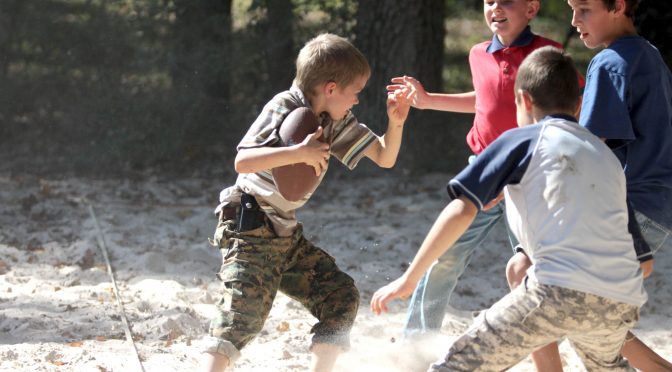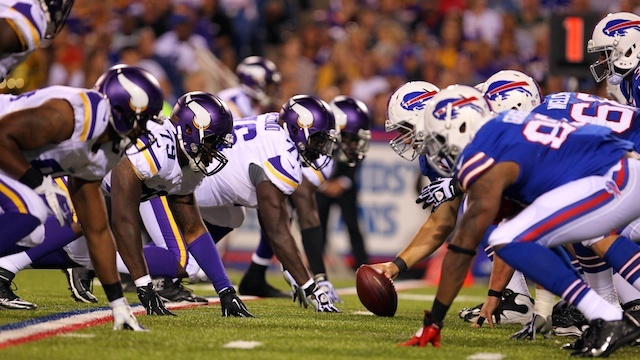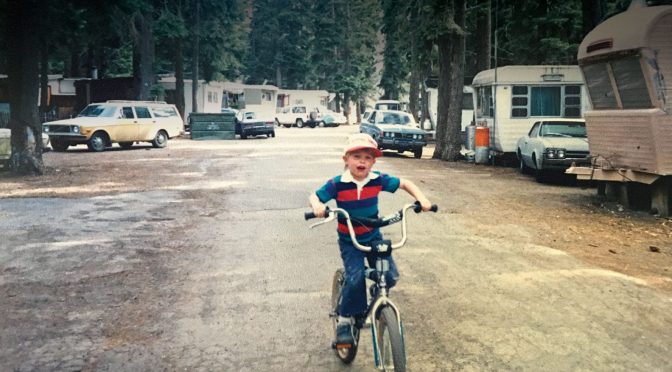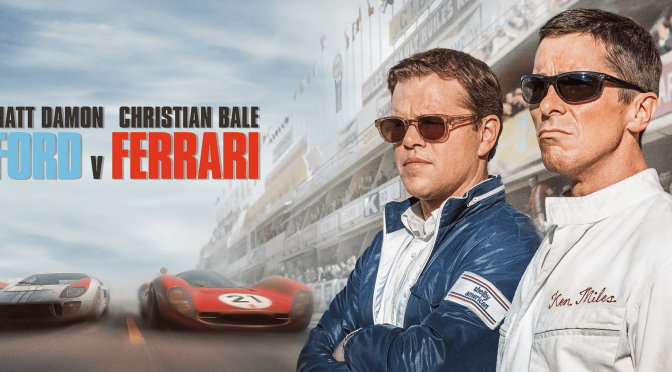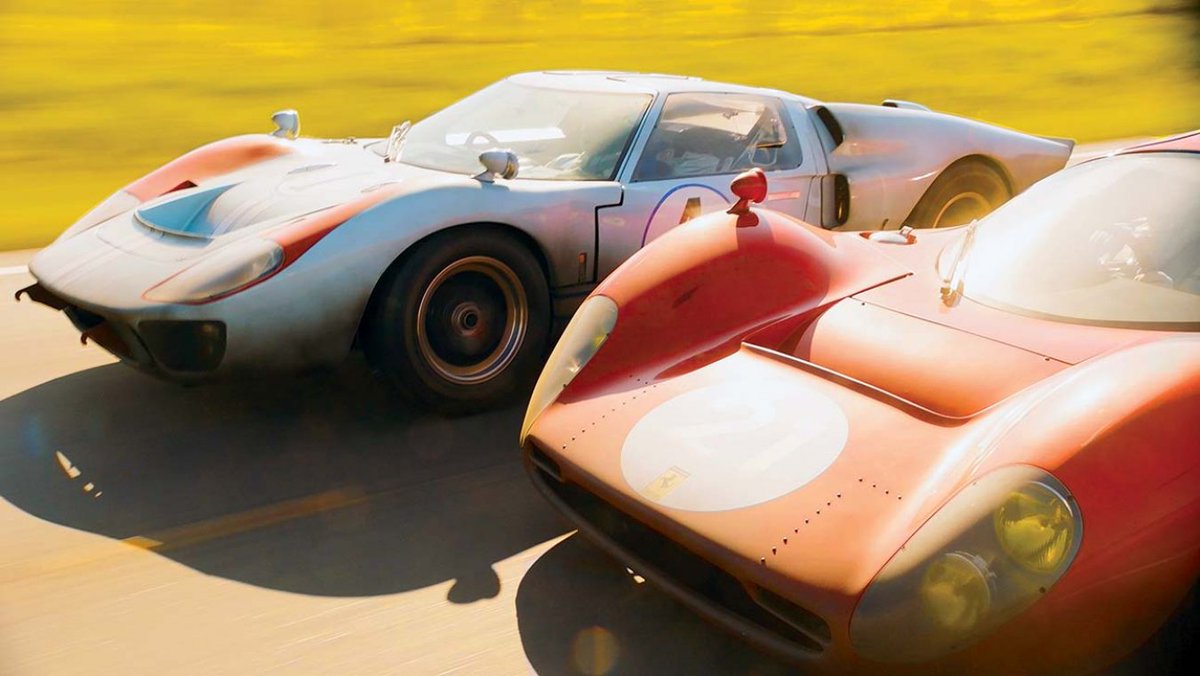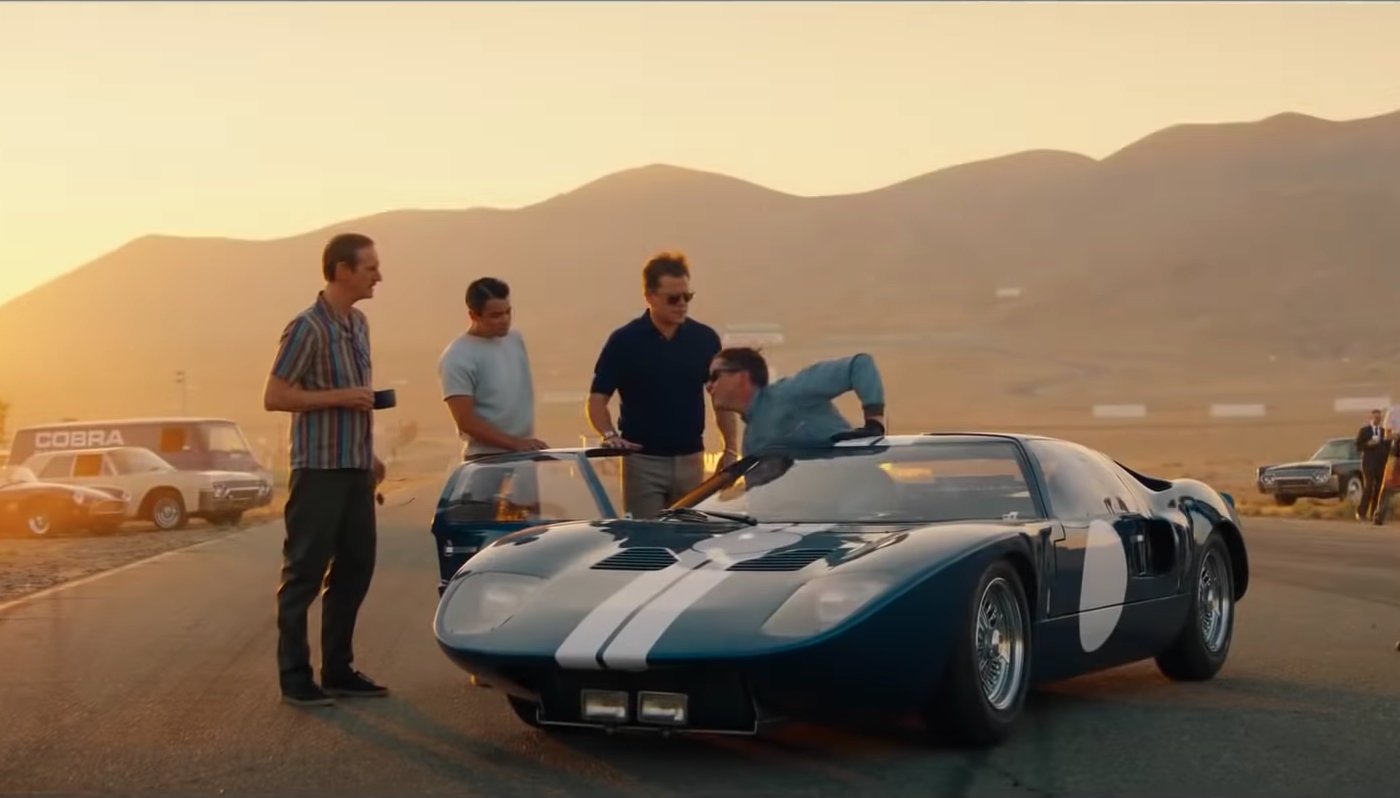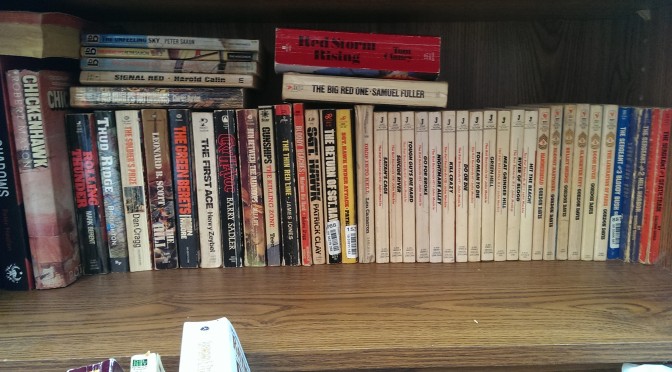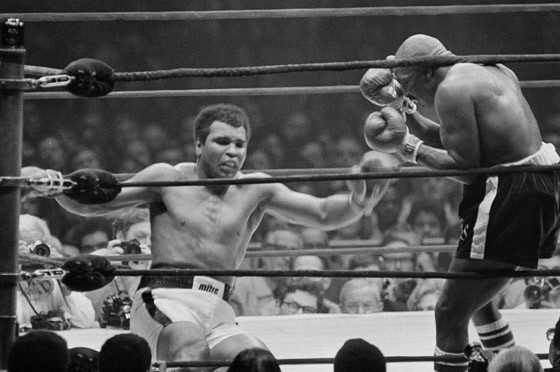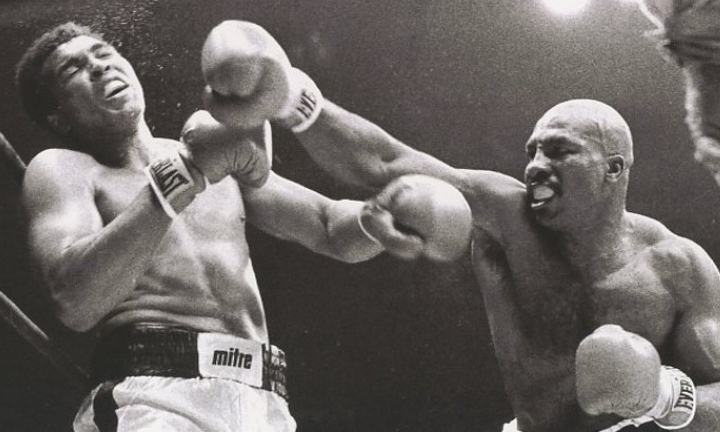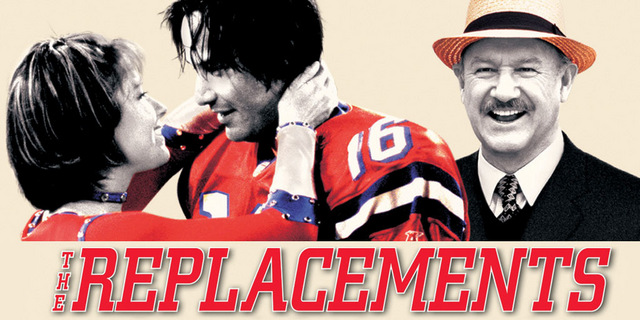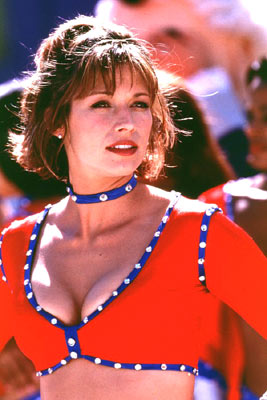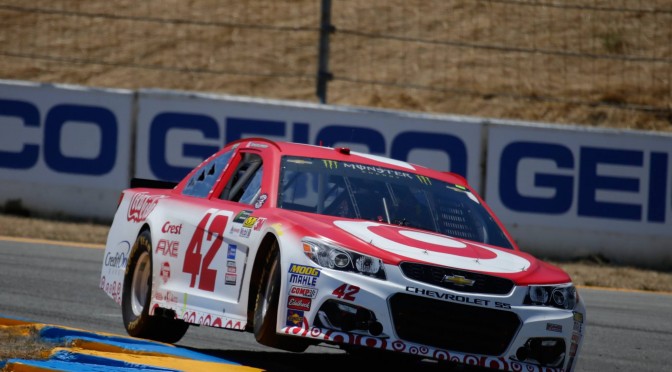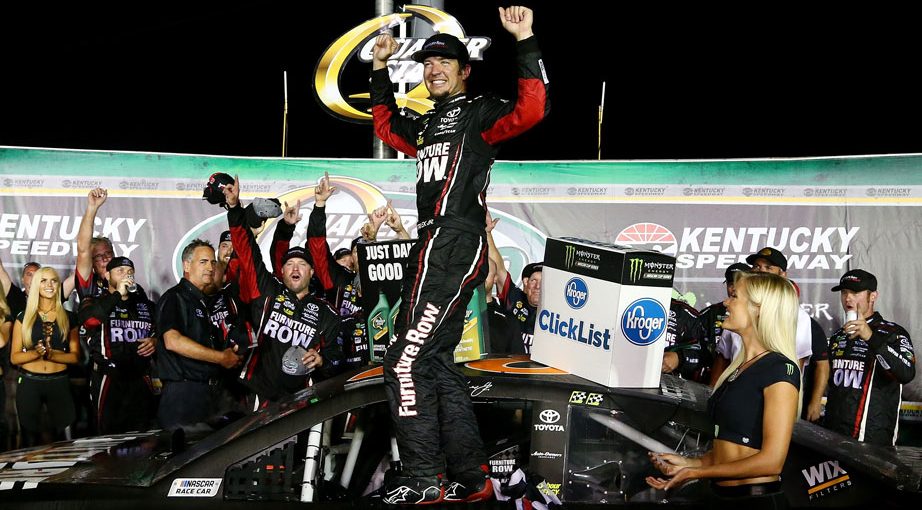It’s only natural that, when he heard the term “martial arts,” a young boy would imagine himself breaking boards, executing midair spinning back kicks, and heroically winning fights. My first training session with Uncle Si was not what I assumed it would be.
After school, I showed up at The Warrior’s Lair. I walked in and saw a handful of men, in pairs, working out. Some were using the punching bags, some were practicing throwing each other, and two were in the roped-off area, wearing padded gloves, foot pads, and padded helmets, sparring. While I was busy gawking, something smacked me in the side of the head. I turned to discover the source of the blow.
Uncle Si had crept up and thumped me. I stared at him in confusion. He had workout clothes on. His sunglasses rested atop his head and I could see his eyes clearly.
“This lesson normally comes further on in training,” he said, “but you might as well start adapting now: Always be aware of your surroundings, who is within them, what they’re doing, and might be about to do.”
I rubbed my head where it was still stinging from the smack.
“Follow me,” he said.
We entered his office. He picked up a bag from the top of his desk and threw it to me. I caught it. He gestured, indicated I should open it. Inside it were a pair of gym shorts and a gym shirt, sweat pants, sweat jacket, a protective cup with jock strap, and a mouthpiece.
“You’re not gonna need most of that stuff for a while,” he said. “For now, just put on the shorts and wife-beater.”
“You’re…you’re giving me all this?” I asked, disbelievingly.
“Yes. You’re welcome. Now go get dressed.”
That first day, Uncle Si wasn’t concerned about anything but my feet, it seemed. He briefly went over a balanced stance, placing my feet roughly shoulder-width apart. He said I needed to learn when my feet were the right distance apart, without looking. Then he taught me how to shuffle. Done right, I learned, the shuffle would keep you balanced and close to your optimum fighting stance at all times. From now on, I wasn’t allowed to walk anywhere except to the rest room. Everywhere else, I had to shuffle.
He ordered me to shuffle after him as he moved around the padded floor, then shuffle back away from him when he advanced. He corrected me when my feet drifted too far apart, or too close together. Then, instead of verbally warning me, he simply knocked me over.
I must admit: I did learn a little faster that way than I would have otherwise.
I had never jumped rope before. I never saw the point. Besides, the only time I ever saw it done, it was black girls doing it in the school yard. Uncle Si taught me to skip rope that day.
He played loud music, so I could keep rhythm with it. I’d never heard music like that. It sounded from another time. But the beat was easy to follow.
He had me trade off between skipping rope and shuffling, until my ankles were sore. Then he introduced me to circuit drills.
The circuit drills were what first caused me to entertain the thought of quitting. I had to shuffle from station to station, completing different exercises at each station. Push-ups at one, sit-ups at another, pull-ups, flutter kicks, bear crawls, jumping jacks (which he called “side-straddle-hops”)… My favorite was the trunk-twister, because it was almost like resting. The station I dreaded more than anything was where I had to do “mountain climbers.” They didn’t look like much to watch, but they absolutely waste a person trying to do them.
“Good,” he finally said, after a few hours. “Good work today. Your feet are coming along.”
“My feet feel like they’re gonna fall off,” I muttered, “and I haven’t thrown a single kick.”
He tossed me a towel and motioned for me to take a seat. “What do you want–sympathy? Remember: I said what I teach here is a mixture.”
I nodded, sitting down. It felt really good to be off my feet.
“I’ve developed a system that takes the best elements from several different disciplines,” he said. “I’m gonna teach them to you in a certain order that makes sense. One of the most important skills in any kind of combat is how to move, tactically. You have to maintain balance at all times. You have to keep yourself in a good position to block or avoid an opponent’s strike, even when you’re on the offensive. And you’ve got to do it right, even when your tank is empty and you want to do nothing more than quit. Understand?”
“I think so,” I said, toweling off my face.
“Good. Before you take a shower tonight, take Ace with you for some roadwork. You can keep it to just once around the trailer park, and not too fast your first night.”
“Roadwork?”
“A run.”
“A run? You mean jogging?”
“A jog for tonight,” he said. “But I’m gonna have you running before long.”
***
I did take Ace for a jog that night. She seemed to enjoy it. It wasn’t much fun for me, though.
Uncle Si continued to emphasize footwork, but my second day, he put me in front of a mirror. By pushing, pulling, prodding and twisting, he positioned me into a stance that didn’t feel natural at all. I already knew where to put my feet, and to keep my knees bent. He also had me tuck my chin down, and cock my fists. My guard was high, so that my knuckles were just below the level of my nose. I could shield my face with minimal adjustment. My elbows were tight against my sides, to protect my ribs, he said. I was twisted slightly at the trunk, so that my shoulders were at an oblique angle to the direction I faced–presenting a smaller target than if I stood square.
“Look at that guy in the mirror,” he told me.
I did.
“It’s a cliché,” he said, “but in your case, as true as anything ever was: that guy right there can be the most dangerous adversary you’ll ever face.”
Maybe it was a cliché wherever he came from, but it was a novel concept to me. “Myself?” I asked, confused.
“Exactly. You’ve been trained to doubt yourself at all times. You’ve been trained to assume you’re in the wrong whenever challenged. You’ve been sold a bill of goods that says, ‘Whatever the situation, I am not good enough to succeed’.”
My jaw dropped and I stared at him.
“It’s not all your mother’s fault,” he said. “It’s not even mostly her fault, though she contributes.”
“Allyson,” I muttered. As far back as I could remember, my half-sister had taken it as her personal duty to make my life miserable. Eventually the physical torture gave way to verbal abuse…which seemed even worse. She finally left home last year, and I didn’t have to hear her insults and mockery on a daily basis anymore. But some of the things she said still bounced around in my mind.
“Allyson hates you,” he confirmed. “You’re not crazy–it’s the truth. You’re right. Your mother will never admit it. Allyson will never admit it. But I’ll tell you the truth, even if nobody else has the balls.”
“Why does she?” I asked, searching my memories, as I had for years, for some clue as to the source of her hatred.
Uncle Si rested a hand on my shoulder and said, “Quit looking for a reason to blame yourself. It’s not because of anything you did, or didn’t do. It’s simply because you exist, period.”
He stepped back and sat on the floor. “Have a seat.”
I sat facing him.
“There’s a couple factors that contributed. You know what psychology is, right?”
I shrugged, still bewildered. “The way our brains work?”
“Kind of. The brain is hardware. Psychology is about software. The way your mind processes data and forms conclusions based on that data.”
“I don’t understand,” I said.
The way you think,“ he clarified. ”There’s a few things going on psychologically with your half-sister. One is simple: she was an only child, and all the focus was on her. Then along you came and started getting some of the attention she was used to.“
“But that wasn’t my fault!” I protested.
“You’re right. It wasn’t. And it’s still not.”
I was speechless. I didn’t know how to handle a grown-up taking my side on any issue.
“Also, she resented her parents’ divorce,” he continued. “She fantasized about her father coming back and them being a family again. When your dad came on the scene, that was an obstacle. Then when you were born, the fantasy was shattered completely.”
“But I couldn’t help…” I started.
He held his hand up, palm toward me. “I know. It wasn’t your fault. I’m just explaining two of the reasons Allyson hated you from the day you were born. All her ridicule and belittling and accusations and lying are attempts at revenge against you, for events and situations you had no control over.”
I took a good look at Uncle Si, wondering if he was actually a human, or some sort of omniscient being masquerading as my uncle. “How do you know all this?” I asked. “Can you read minds?”
His mouth twitched into a fleeting grin. “I can read yours. Sometimes, anyway.”
That was such a bombshell, I just let it soar by without trying to process it.
“But you haven’t been around me, or Mom, or Allyson. I never even met you until the other day.”
“Oh, I know all of you,” he said. “We’ve met.”
“Why don’t I remember you, then?” I asked.
“You don’t remember a lot of stuff. Do you remember the day you learned to walk?”
I frowned and shook my head.
“Do you remember your mom and dad together? Happy?”
Again, I shook my head.
“Well obviously they were for some period of time, or you wouldn’t be here. Right?”
“Huh?” My confusion mounted by the moment.
“Never mind,” he said, whipping his head back and forth as if trying to shake something loose. “There’s some things you’re better off not remembering. And now,” he added, cryptically, “let’s hope there are some memories that will never even form in the first place.”
Before I could wonder much about that remark, he changed the subject back. “So, if you know that Allyson hates you, and she wants to see you fail at whatever you do, all because of stuff that’s not your fault…is she a reasonable person?”
“No. I guess not.”
“She’s not. She’s irrational, and petty. And vindictive. So why would you care what she thinks?”
“I guess I shouldn’t…?”
“No, not ‘I guess.’ You shouldn’t. Period. She’s a liar. Should you believe what a liar says?”
“No,” I said.
“That’s right. So take all that stuff Allyson said to poison your mind for all those years and reject it. Get rid of it. Recognize it as false, and refuse to let it affect how you think about yourself.”
I pondered this new information for a while, before mumbling, “But…but…”
He shook his head, closed his eyes, and made a cutting gesture with both hands. “Stop it, Sprout. Listen to me. I don’t hate you. I don’t want you to fail. I have no reason to lie to you about this. Not only is Allyson wrong, but she’s not as smart as you are.”
“Of course she is,” I replied, automatically. “She’s six years older than me.”
“She is older than you,” he agreed. “But you’re already smarter than her. That’s another reason she hates you.”
“Uncle Si, I think maybe you don’t know me as good as you think. I’m not smart. I don’t think I’m even average.”
His face flushed. His mouth didn’t change shape all that much, but he appeared angry.
“You listen to me, Pete: you are far above average. Got it? Above. You’re smarter than you know. You think PJ is so smart, with all his experiments and contraptions? What if I told you that you’re smarter than him, too?”
“I wouldn’t believe you,” I said.
“Well you need to believe me!” he snapped. The other men in The Warrior’s Lair all looked in our direction, wondering what the outburst was all about. Gradually they went back to their activities.
We were both silent for a few long minutes. Uncle Si’s color returned to normal. Finally he sighed and said, “Just think about what I told you.”
He stood, reaching over to tousle my hair. “Get back in the mirror.”
I stood, faced the mirror, and resumed the boxing stance he had taught me.
He pointed at my reflection in the mirror. “This guy is gonna hit you with stuff Allyson told you. He’s gonna hit you with shots that come from stuff Mom’s said and done. He’s gonna hit you with speculations about why your father left, and why he doesn’t spend time with you.”
“But that’s me,” I said, as if he were being silly. “That’s a reflection of me you’re pointing at.”
“Exactly. Ding ding ding!” He shifted his index finger from the reflection to the source. “You are letting other people tell you what to think about yourself. You’re letting other people, who are more concerned about their own agendas than what’s good for you, decide whether you will succeed or fail.”
“That doesn’t make any sense,” I said. “Even if that’s true, it’s not like I can do something just because I ‘decide’ that I can.”
His smile seemed sad as he said, “Oh yes you can. You’re not just smart. You’re stronger than anybody gives you credit for.”
“I’m just average strength,” I said.
“First of all, that’s not true either,” he said. “Second, I’m talking about the strength inside you. After hearing all your life how you’re useless, stupid, weak and ugly, and can’t accomplish anything important, you decided to come train here anyway.”
I shrugged, feeling a choking sensation in my throat and wet heat behind my eyes.
“I warned you it was going to be hard work. You imagined you would be insulted, embarrassed, humiliated–all the stuff Allyson would do, if I turned out to be like her. Right? You were afraid you would fail–that you wouldn’t be tough enough. You knew you would lose some fights, when it came time to fight here. And you could be seriously hurt.”
He really could read my mind. This was creepy.
He extended his index finger until it touched me right between the eyes. It felt hot–like a panhandle after the pan has been sitting over a stove burner for a while. I flinched.
“But you came anyway,” he said. “You were scared, but you came anyway. Even after everyone in your life had reinforced how you should doubt yourself, you came anyway. You didn’t let fear stop you. That means you beat fear, Pete. Not everybody can do that. You proved yourself stronger than fear. You’re a fighter.”
“You really believe that?” I asked, barely able to force the words out.
“Damn straight,” he said. “I believe you’re a warrior, and that you belong here. Hell, I don’t just believe it–I know it.” He pointed back at my reflection again. “Allyson couldn’t stop you. Your parents couldn’t stop you. Your teachers couldn’t stop you. Not even this guy was able to stop you; and like I said: he’s the toughest opponent you’re gonna face for a long time.”
I looked at my reflection, seeing somebody I had long assumed was stupid, weak, and incompetent.
“I’ll tell you something else,” he said, “he doesn’t have to be your enemy. In fact, sometimes he’ll be the only one you can count on. You start listening to me, Sprout.” He looked angry again. “You may not be able to trust what other people tell you, but you can trust me. And if you do, you’ll start to learn what you’re actually capable of.”
UPDATE: This book is published! Click here to buy on Amazon.
Click here to buy anywhere else.

